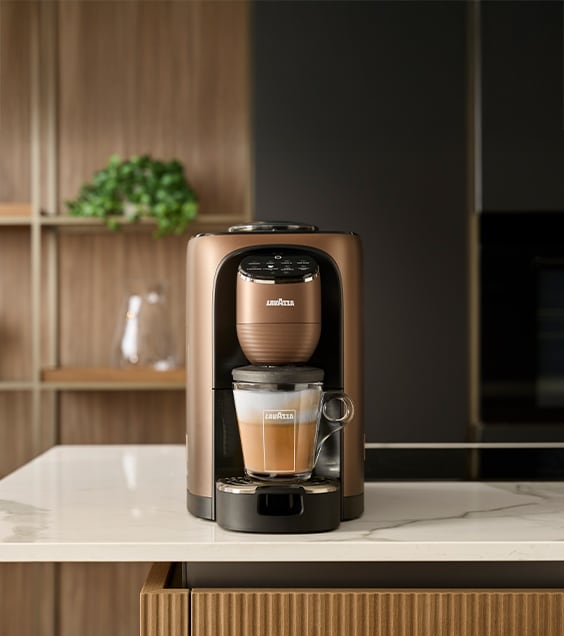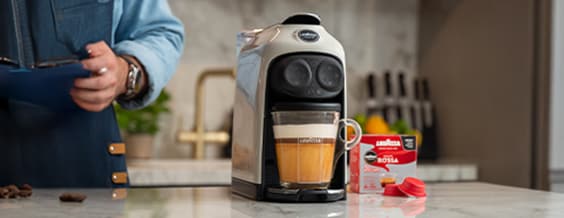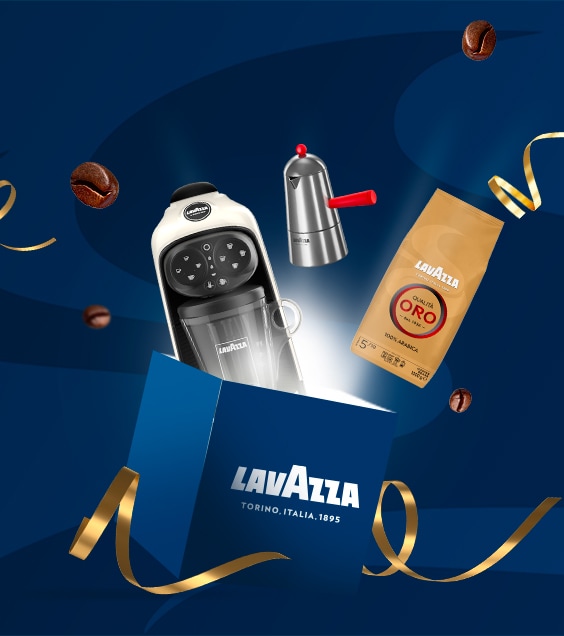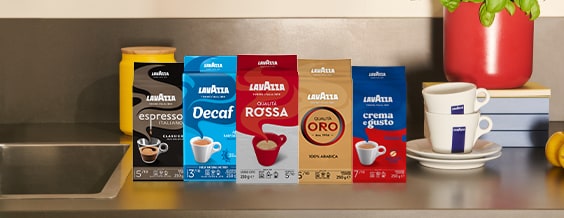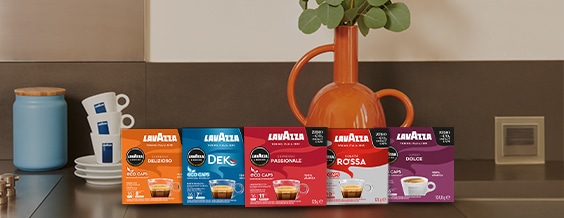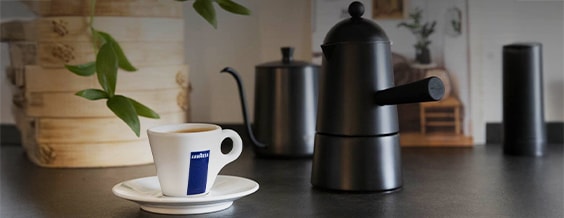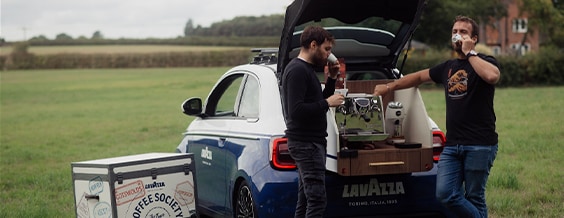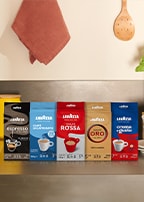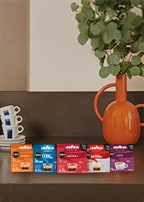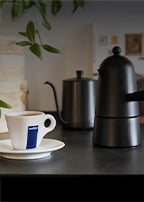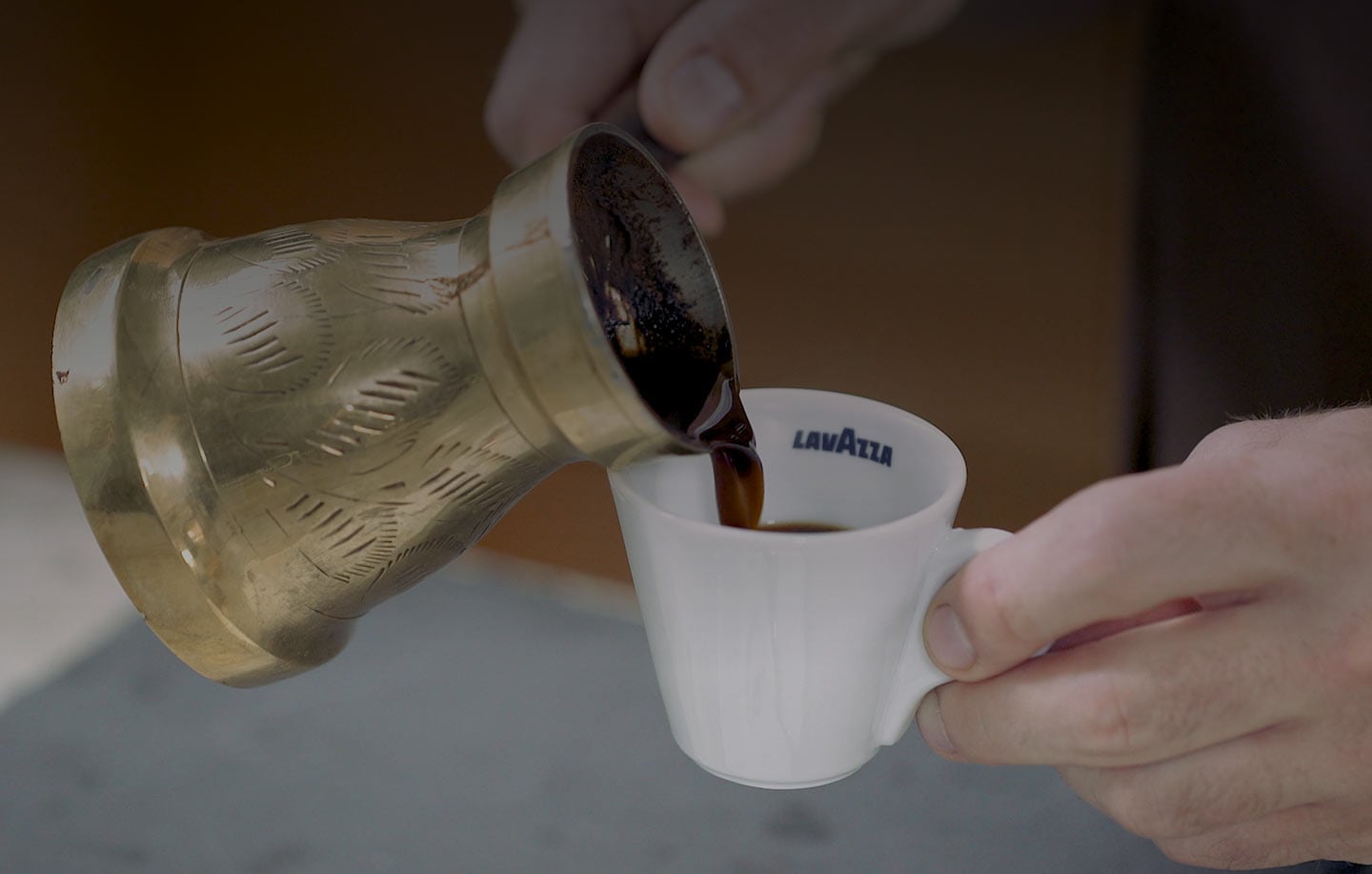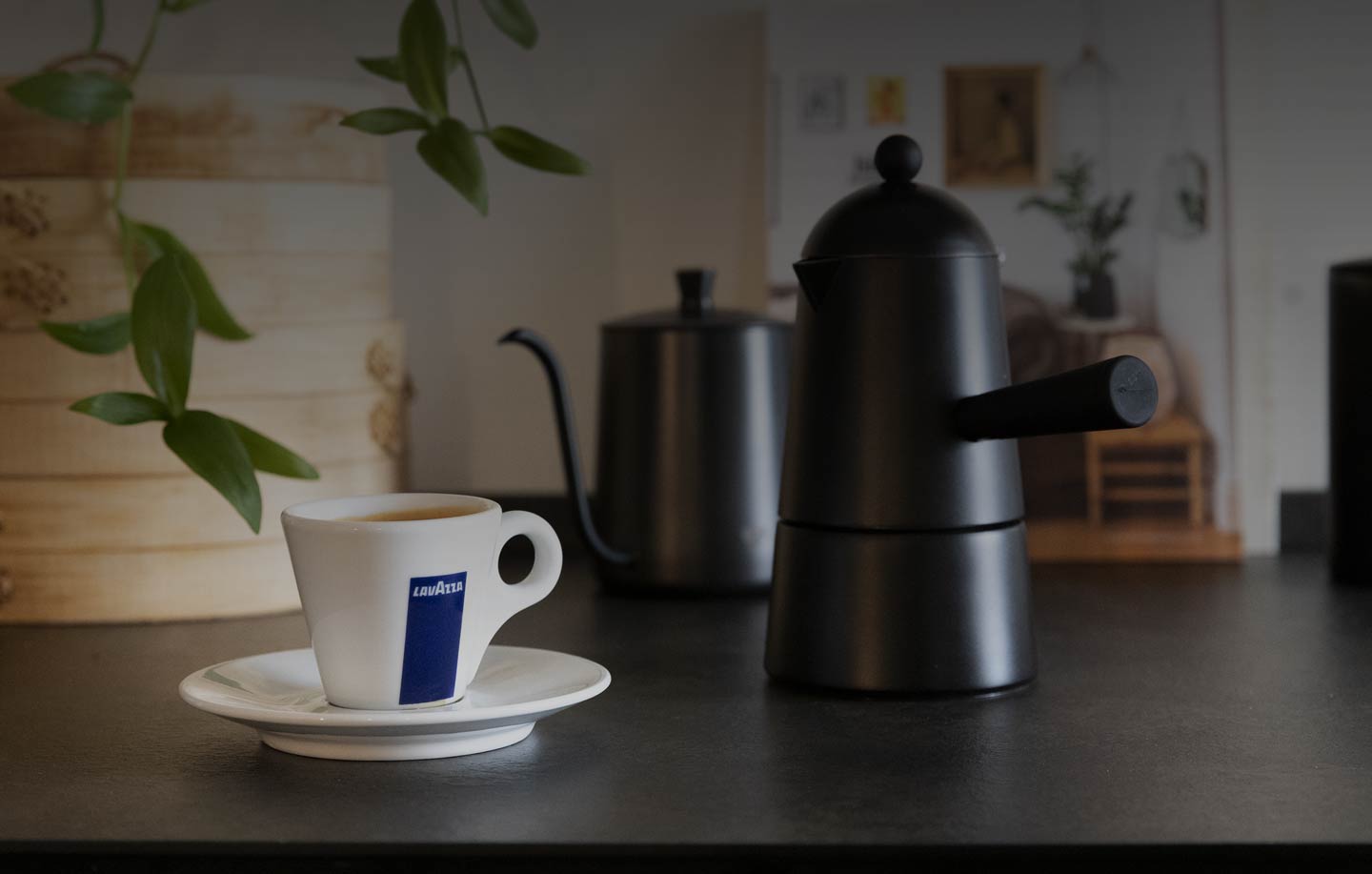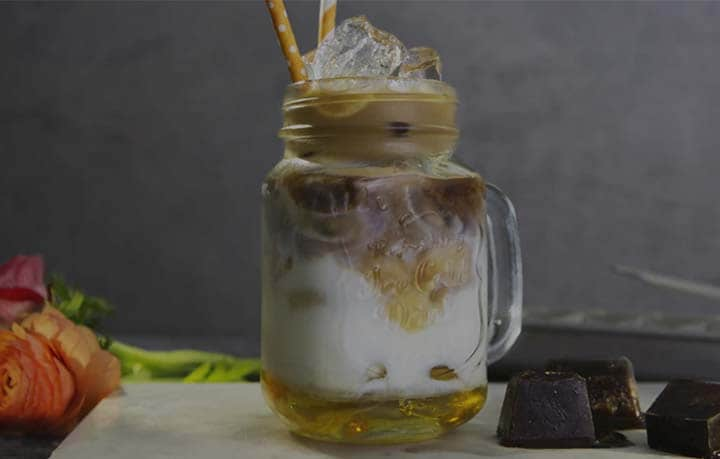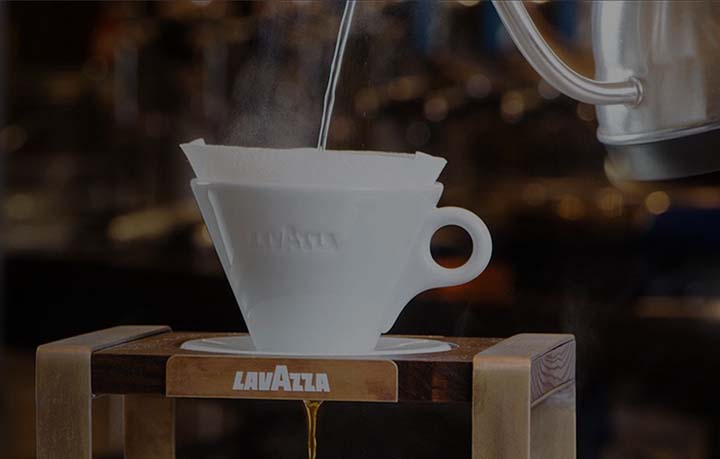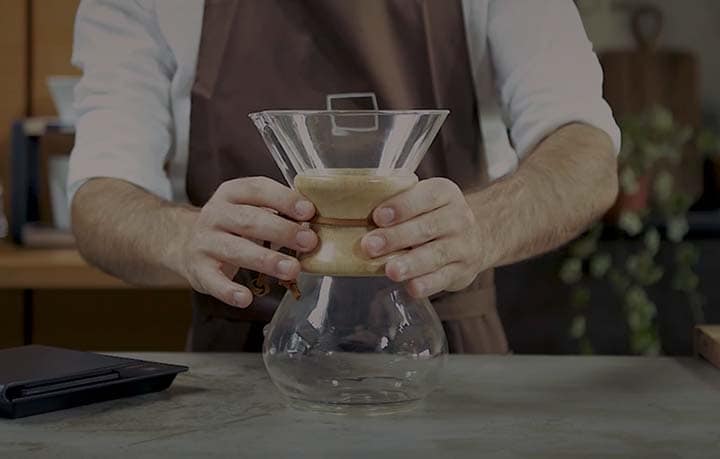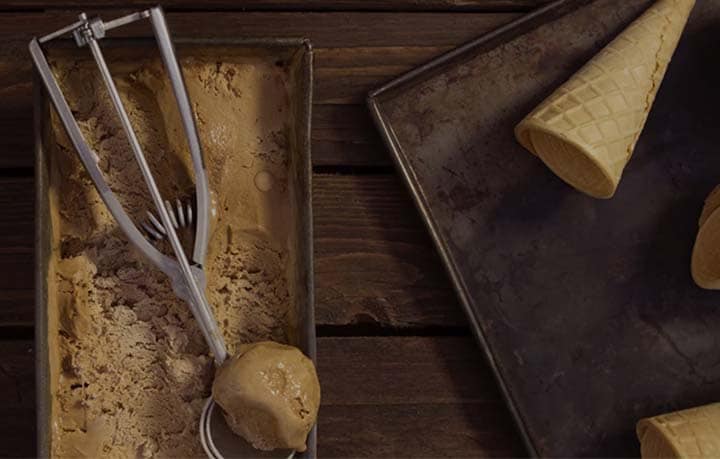*Lavazza is not affiliated with, endorsed or sponsored by Nespresso
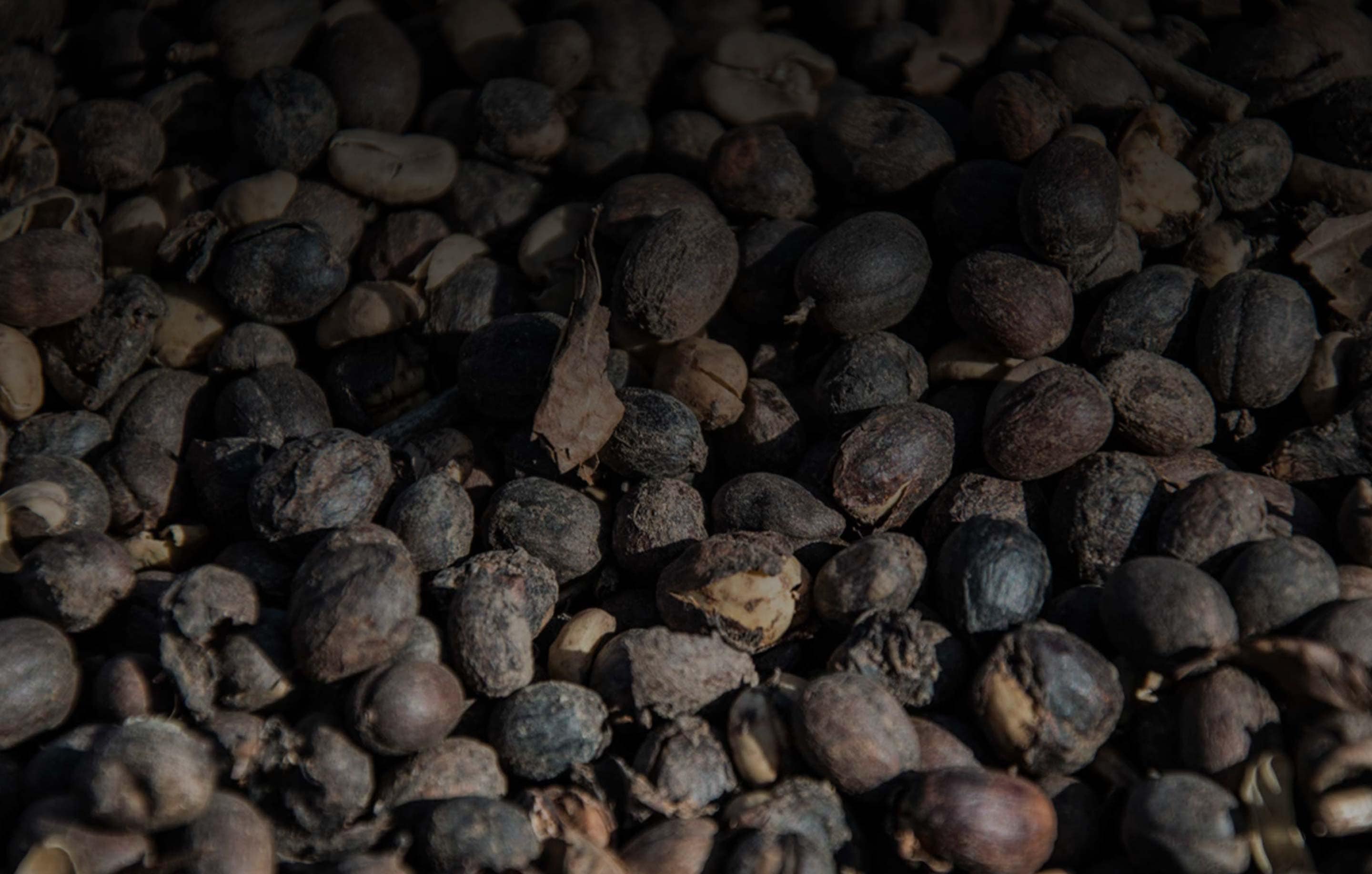
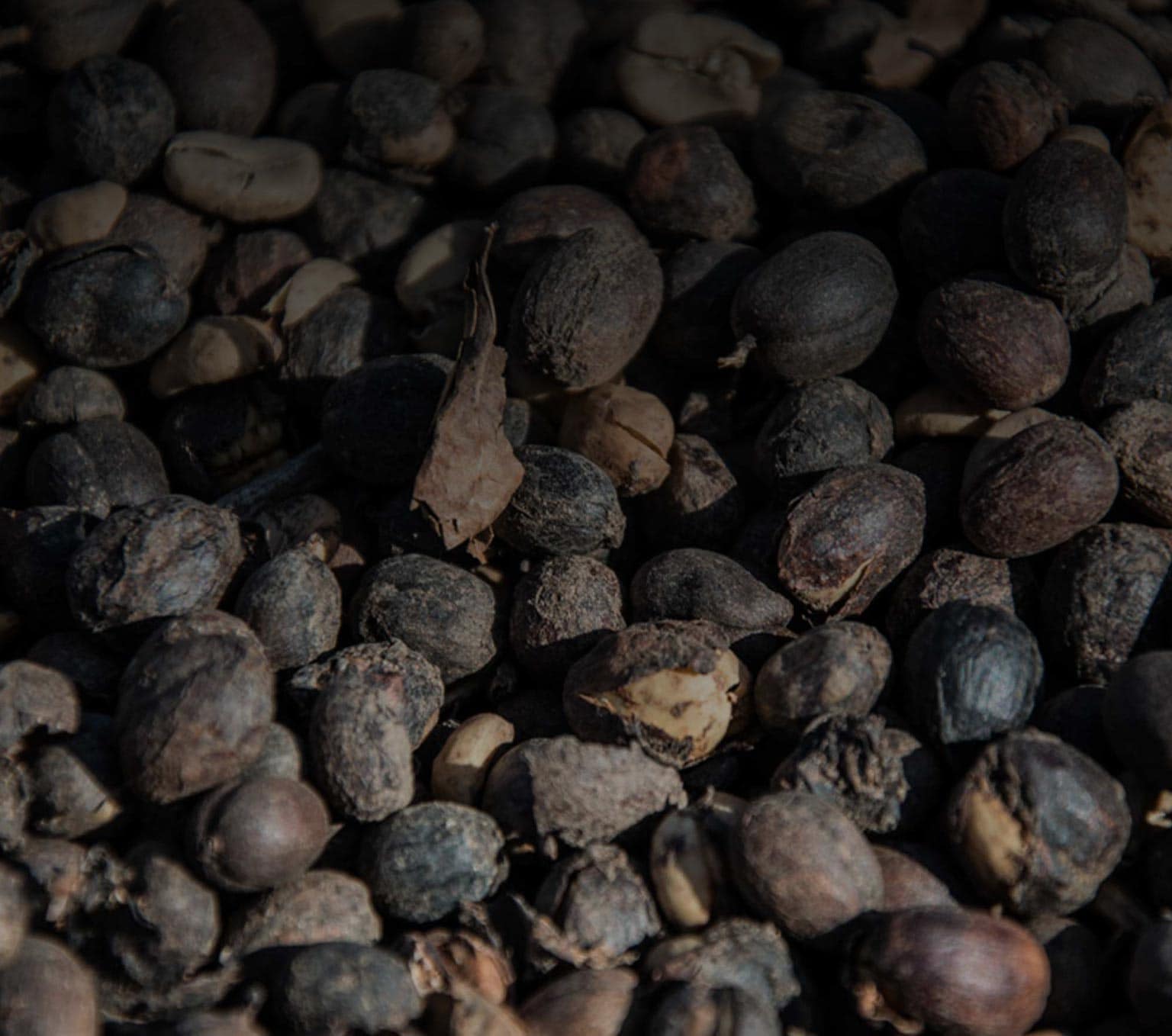
The meaning of Arabica and Robusta
In the world of coffee, you’re likely to hear baristas talking about Arabica and Robusta, or you’ll see these names on packaging labels. They’re both types of coffee bean – from different plants and with a different taste when processed into your favourite beverage.
So, what’s the difference between each bean? Where did they originate? And why were they given these names? Let’s delve deeper into the meaning of Arabica and Robusta…
Arabica coffee meaning
There’s a long history of coffee, and the name ‘Arabica’ goes back to when it was believed that the beans originated and were cultivated in the Arabian Peninsula. The plant species later being named Coffea Arabica.
But contrary to popular belief, Arabica beans originated in Ethiopia's highlands in what was formally the Kingdom of Kaffa. The kingdom name itself became the very basis of the word ‘coffee’. Locals stumbled upon the Arabica plant, and after consuming the beans they realised they had stimulant properties.
As the method of brewing coffee had not yet been discovered, the local Oromo tribe used to crush the beans, mix them with butter, and create sphere-shaped snacks. They were consumed for the stimulant properties of the beans.
The beans were later distributed from Ethiopia to Yemen and lower Arabia, where they were cultivated for the first time. Some Arab scholars started documenting the practice of brewing coffee after the arrival of the plants. And the name ‘Arabica’ therefore comes from the beans’ connection to Arabia, where it first gained popularity.
Why does packaging say 100% Arabica?
When you shop for coffee beans at the supermarket, you’ll sometimes find packaging labelled ‘100% Arabica’. 100% Arabica coffee means that it contains no ‘Robusta’ beans, and only Arabica.
Before the middle of the 20th century, Arabica wasn’t marketed with a ‘100%’ label. But when Robusta came onto the market and production spread worldwide, companies wanted a way of telling customers that they were buying coffee made only from Arabica beans. It was to ensure the customer could see the quality of their products.
However, it isn’t necessarily true that Arabica beans are of superior quality – it actually depends on your taste preferences. Buying coffee beans labelled ‘100% Arabica’ simply means you’re getting pure Arabica beans without any Robusta mixed in.
Robusta coffee meaning
Robusta beans are second in popularity to Arabica beans. Robusta coffee connects to the characteristics of the Coffea Canephora plant, which produces the beans. The reason why Robusta got its name, was because it’s more robust than Arabica plants. The plants can grow in a more extensive range of environments and are less prone to disease.
Robusta beans contain double the amount of caffeine that you’ll find in Arabica beans. Although caffeine is a stimulant to humans, it acts as a pesticide for the crops. Robusta plants also contain chlorogenic acid, which can ward off insects. These properties of the Coffea Canephora mean that they’re able to produce a higher yield than Arabica plants.
The Robusta coffee definition also suits the bean's taste characteristics. They’re darker and earthier in flavour – the perfect match for making richer roasts. Because of their strong and very defined characteristics, Robusta beans are often used for the preparation of a good espresso; increasing the thickness, and therefore the body of the drink.
